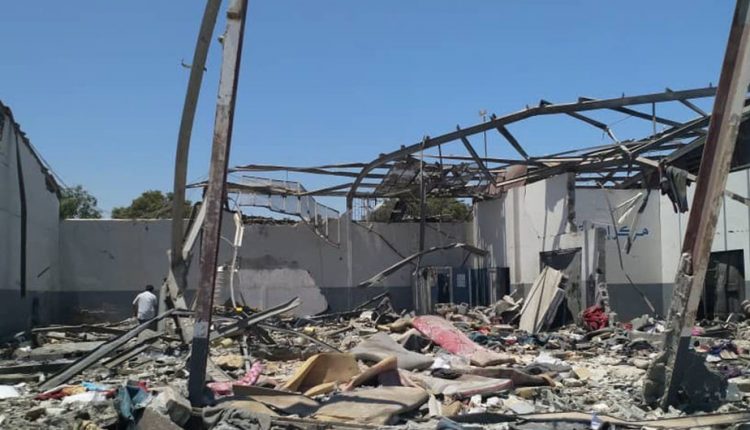Lasting Libya ceasefire: Some consensus, but further talks needed – UN Mission
The first round of UN-brokered talks between military representatives in Geneva aimed at forging a lasting ceasefire between Libyan Government and main opposition forces, has concluded without full agreement, despite reaching consensus in many areas.
The UN Support Mission for Libya, UNSMIL, released a statement on Saturday saying that Libyan 5+5 Joint Military Commission (JMC), which began on Monday, with the involvement of UNSMIL chief Ghassan Salamé, should continue dialogue on 18 February, if the parties agree.
The Commission constitutes one of the three intra-Libyan tracks UNSMIL is organizing, along with the economic and political tracks.
“UNSMIL expresses its appreciation to both sides for coming to Geneva, for upholding in earnest the responsibilities they had been entrusted with as well as for the professional and positive spirit that characterized their discussions”, said the statement.
“UNSMIL takes note of the existing consensus around the importance of maintaining the truce that had been announced on 12 January this year, of the necessity to respect it and refrain from violating it. UNSMIL also notes the widespread consensus between both sides with regard to the urgency for Libyans to safeguard the sovereignty and territorial integrity of their country; protect its borders; protect national decision-making process and resources from any foreign interference; stop the flow of non-Libyan fighters and send them out of the country; and to continue the fight against the UN-identified terrorist groups (al-Qaeda, ISIS, Ansar al-Sharia).”
The Mission said both sides expressed their support for ongoing exchanges of prisoners, returns of mortal remains of those killed, and welcomed the support of UNSMIL in the process, “whenever the need arises”.
No final agreement
While both sides agree the need to expedite the return of Internally Displaced Persons (IDPs), particularly in the areas affected by clashes, “a full understanding could not be reached on optimal ways to restore normalcy to these areas.”

